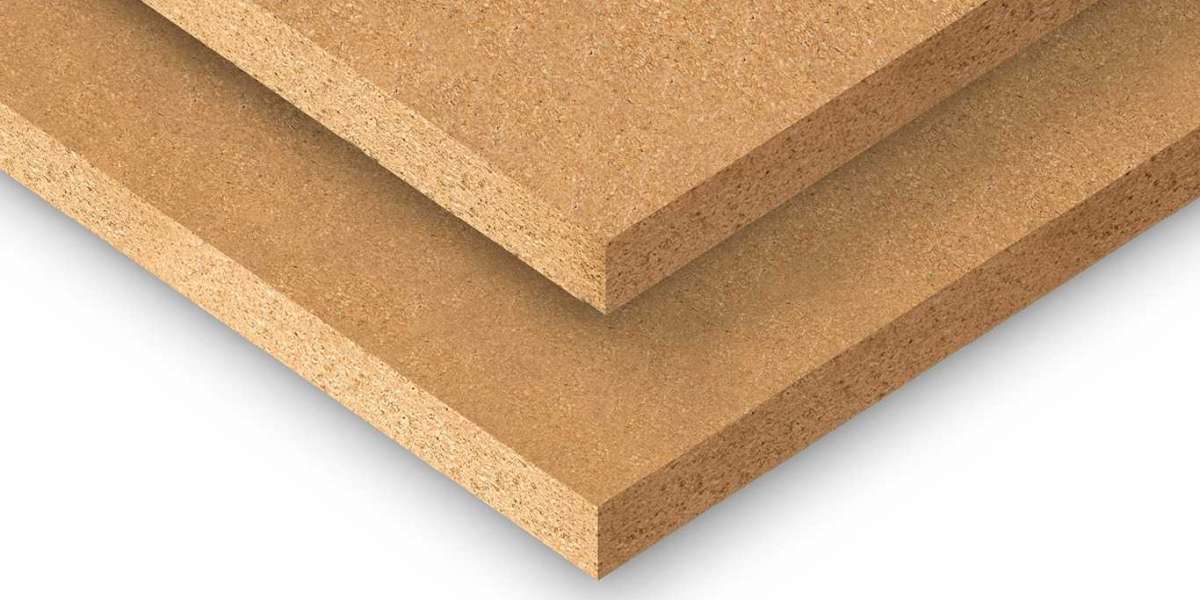If you’re dealing with kidney disease, you might have noticed some annoying skin issues, especially a skin rash in early kidney disease. These rashes can be uncomfortable and confusing, leaving you wondering if there’s anything you can do to ease them. The truth is, what you eat may play a bigger role than you think. In this blog, we’ll look at how diet can affect these skin problems and what simple changes might help reduce the rashes. We’ll also share helpful tips for keeping your skin healthier as you manage your kidney condition. Let’s explore what you can do to feel better, starting from your plate.
Why Do Kidney Disease Patients Develop Skin Rashes?
When your kidneys don’t work well, waste products and toxins build up in your body. This buildup can affect your skin in several ways. For example, you might notice itching, dryness, or even rashes that won’t go away. These skin issues happen because the body struggles to get rid of harmful substances.
In addition, kidney disease can disturb the balance of minerals like calcium and phosphorus. This imbalance sometimes leads to deposits under the skin, causing irritation or rash-like symptoms. Also, reduced kidney function affects your immune system, making your skin more prone to infections or allergic reactions.
Understanding this connection is important because it shows why treating just the rash might not be enough. You also need to support your kidneys and overall health—and diet plays a key role here.
How Can Diet Affect Skin Health in Kidney Disease?
Your diet can influence skin health by either helping your kidneys filter toxins better or making it harder for your body to manage waste. Certain nutrients can cause inflammation, which often worsens skin rashes. On the other hand, some foods help reduce inflammation and support skin healing.
For instance, high potassium and phosphorus levels in the blood can contribute to skin issues. Eating foods that control these minerals can help prevent rashes from worsening. Additionally, too much salt and fluid intake may cause swelling, stretching the skin and triggering irritation.
Moreover, a balanced diet rich in vitamins and antioxidants can improve your skin’s ability to repair itself. Vitamins like A, C, and E help protect skin cells from damage. Therefore, adjusting your diet is more than just about kidney health; it’s about keeping your skin calm and comfortable.
Which Dietary Changes Can Help Reduce Skin Rashes?
Now that you know diet affects your skin, what changes can you make? Here are some practical tips:
Limiting Phosphorus and Potassium Intake
High phosphorus and potassium levels are common in kidney disease and can worsen skin problems. Limit foods like dairy, nuts, bananas, and potatoes. Instead, choose lower-phosphorus and potassium options like apples, berries, and rice.
Reducing Sodium and Fluid Overload
Too much salt causes your body to retain water, which can make your skin swell and itch. Cut back on processed foods, canned soups, and salty snacks. Also, monitor your fluid intake as advised by your doctor to avoid excess fluid buildup.
Increasing Anti-inflammatory Foods
Certain foods help reduce inflammation, which can calm skin rashes. These include fatty fish, like salmon, olive oil, and colorful vegetables such as spinach and carrots. Adding these to your meals may soothe irritated skin.
Avoiding Allergens and Irritants
Sometimes, skin rashes worsen because of allergies or sensitivities. Pay attention to how your skin reacts to certain foods. Common triggers include gluten, dairy, and some preservatives. Keeping a food diary might help you spot patterns.
Remember, each person is different. It helps to work with a dietitian who knows kidney disease to create a plan tailored for you. Small changes can have a big impact over time.
Other Lifestyle Tips to Support Skin Health in Kidney Disease
Diet is important, but it’s not the whole story. Your daily habits also affect your skin.
First, keep your skin clean and moisturized with gentle products. Harsh soaps or strong detergents can make rashes worse. Choose mild, fragrance-free cleansers instead.
Next, stay hydrated but follow your doctor’s advice on fluid limits. Proper hydration helps keep your skin flexible and less prone to cracking.
Furthermore, managing stress and getting enough sleep supports your immune system and helps your skin repair itself. Stress can cause inflammation, which may worsen rashes, so simple relaxation techniques can make a difference.
Together, these lifestyle tips work with your diet to improve your skin health.
When Should You Consult a Doctor or Dietitian?
If your skin rash becomes painful, spreads quickly, or shows signs of infection, see a doctor right away. Also, if you notice new or worsening rashes despite dietary changes, professional advice is key.
A renal dietitian can help you fine-tune your meals to protect both your kidneys and your skin. They can suggest safe foods and supplements to meet your individual needs.
Lastly, keep in mind that research continues to find new ways to help kidney disease patients manage symptoms. Ongoing clinical trials explore treatments that might improve skin health alongside kidney care.
Conclusion
In summary, skin rashes often result from toxins, mineral imbalances, and inflammation caused by reduced kidney function. The good news is that dietary changes can help manage these factors. By limiting phosphorus, potassium, sodium, and fluids, and by including anti-inflammatory foods, you can reduce skin irritation. Alongside diet, gentle skincare, hydration, and stress management play important roles. Remember to consult your healthcare team if rashes worsen or become painful. With ongoing trials at Koch Clinical Research, new options may soon become available to improve skin health for kidney disease patients. Ready to take control of your skin health? Start by discussing your diet and symptoms with your doctor or dietitian today.







